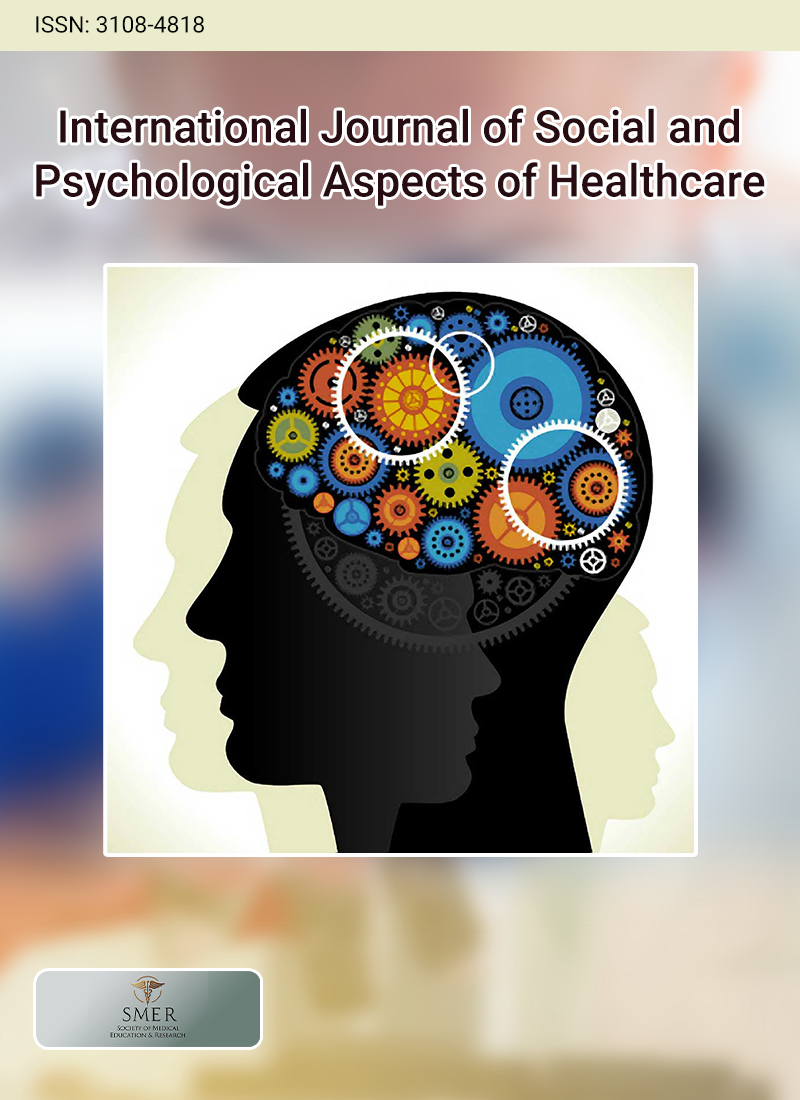
Pharmacotherapy plays an important role in diabetes treatment, effectively managing the condition and reducing the risk of complications. Achieving optimal glycaemic control can help ease the strain on healthcare resources. However, one of the major challenges in diabetes management is poor adherence to prescribed medications. In Malaysia, reported adherence rates vary between 36% and 87% for oral antidiabetic drugs and between 54% and 81% for insulin therapy. To improve glycaemic regulation and reduce the incidence of complications, additional intervention methods beyond pharmacological therapies should be explored. These approaches include non-pharmacological and patient-driven strategies, which can function as independent methods or as supportive therapies alongside standard medication regimens. This study aimed to identify and consolidate key themes related to non-pharmacological strategies used in diabetes management within Malaysia. A comprehensive electronic search for English-language studies was conducted in four major databases (PubMed, Scopus, Web of Science, and OVID) using relevant search terms. A final selection of 22 studies was analyzed, revealing six major themes: diabetes education initiatives, patient empowerment efforts, adherence enhancement strategies, lifestyle modification programs, psychological support interventions, and shared decision-making processes. Further studies are needed to confirm these findings and to explore how these themes can be practically integrated into real-world healthcare environments to enhance patient outcomes.